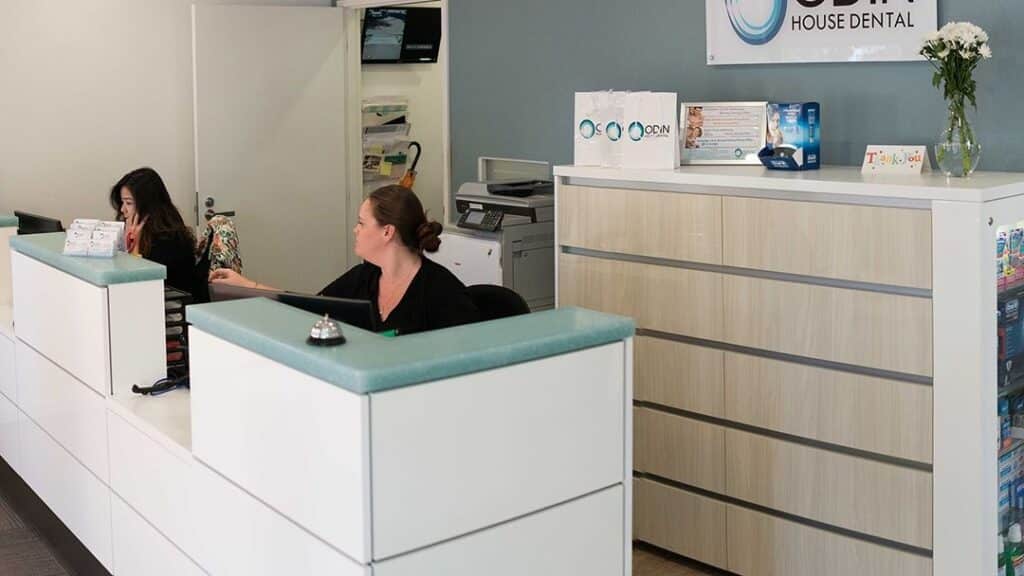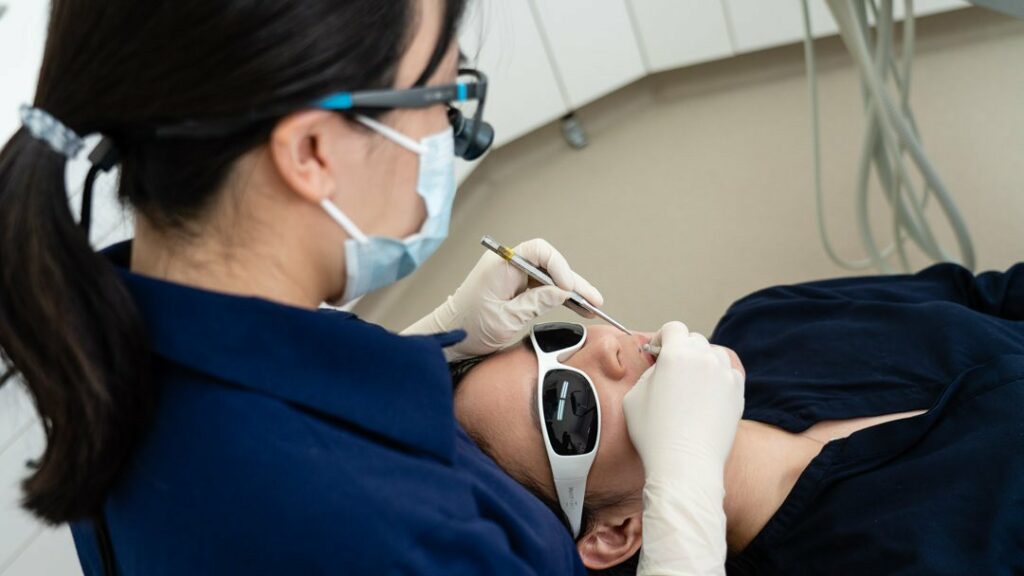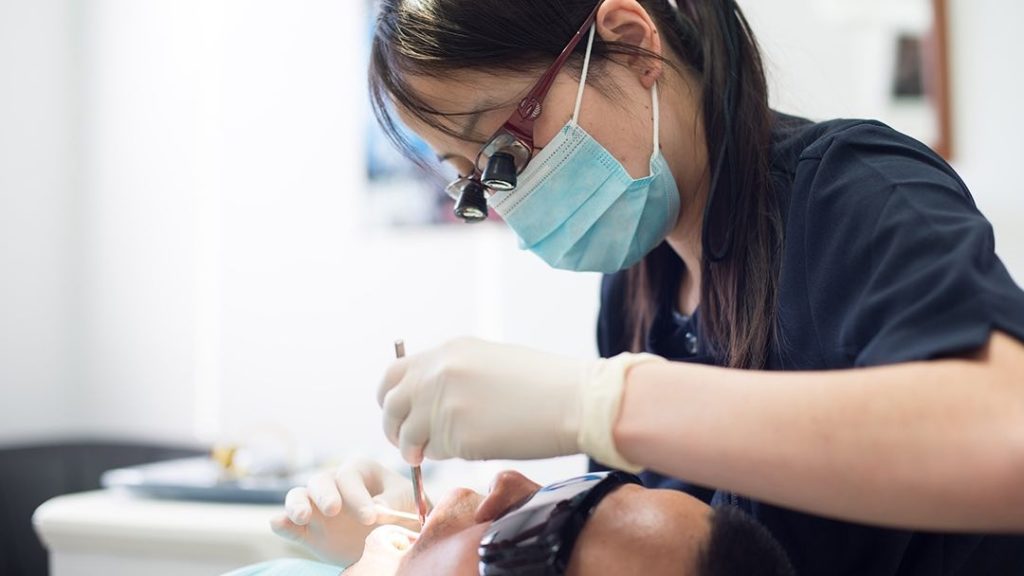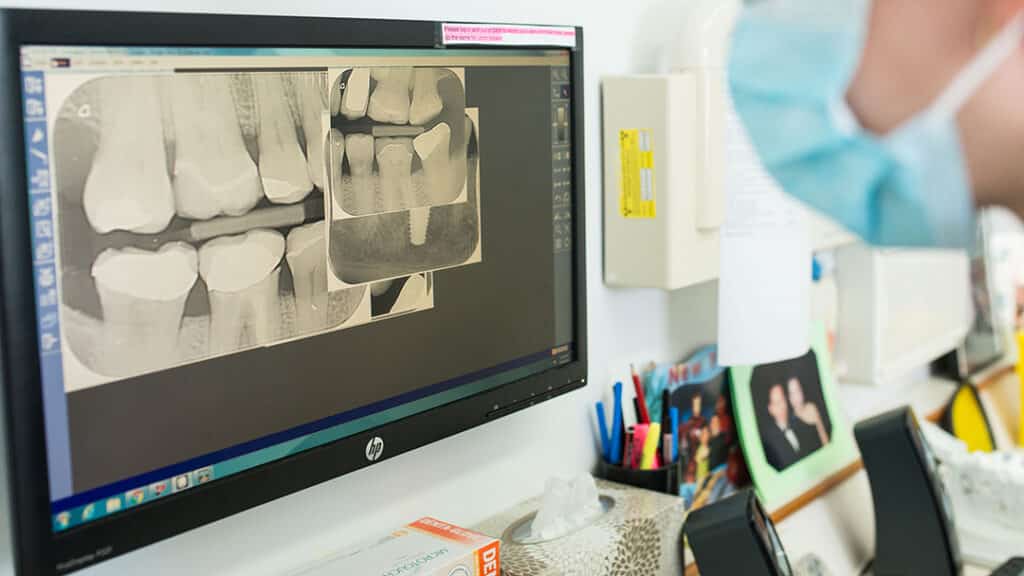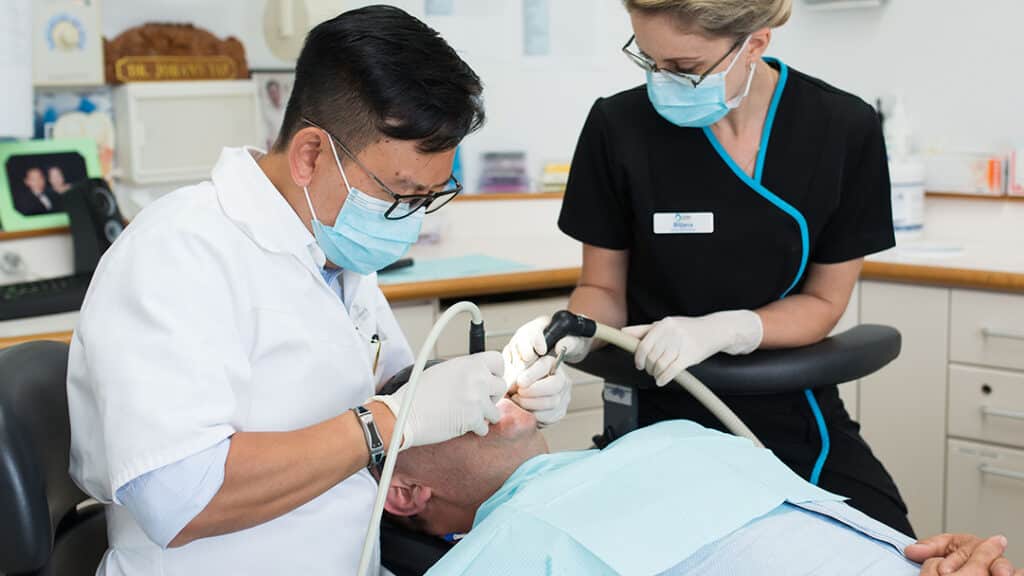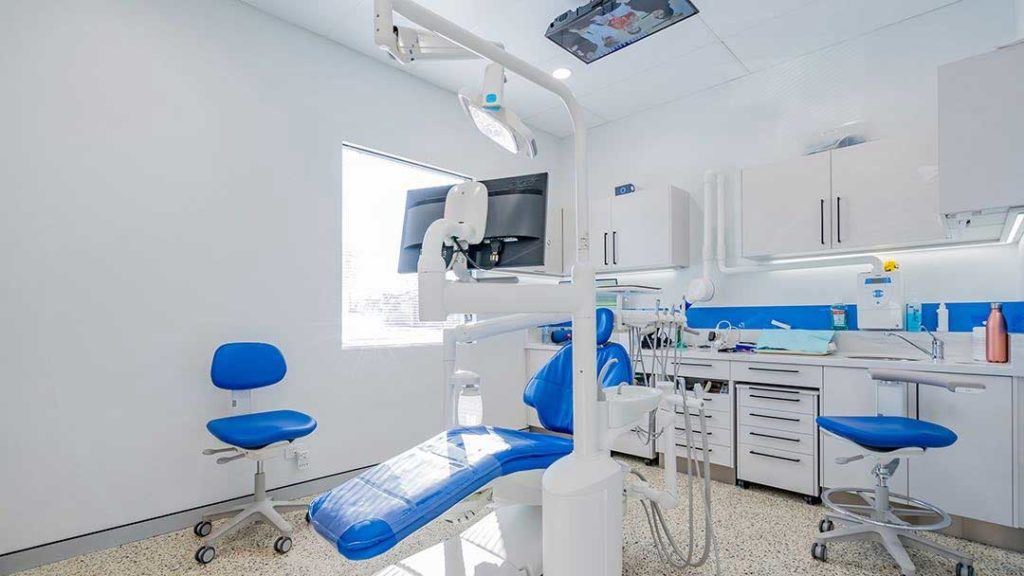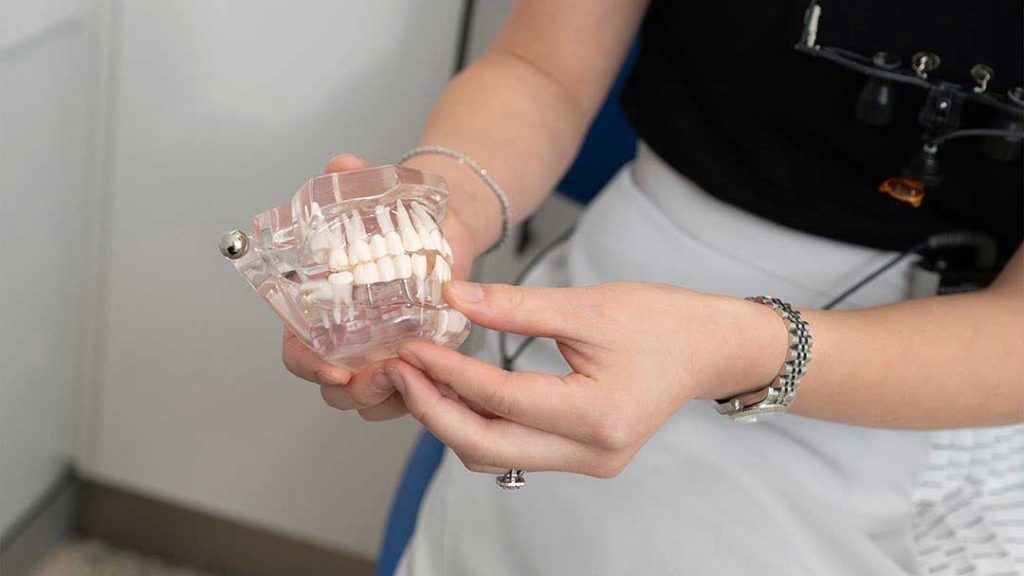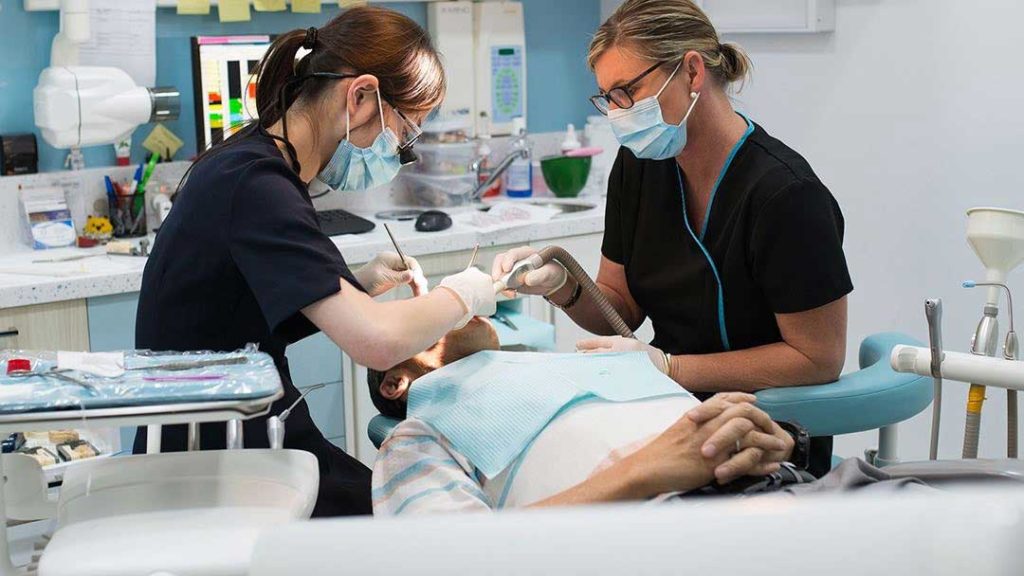Cost of Porcelain Veneers
Porcelain veneers are a popular cosmetic dental option for those seeking a flawless smile. However, it is essential to consider the cost associated with this procedure. Understanding the cost of porcelain veneers is crucial to making an informed decision about the treatment.
This article aims to provide a comprehensive overview of the financial aspects involved in obtaining porcelain veneers. By examining the breakdown of costs, discussing financial planning strategies, and assessing the cost-benefit ratio, individuals can gain a better understanding of the investment required.
Additionally, navigating insurance coverage for porcelain veneers will be explored to help patients make the most financially responsible choice. By considering all of the factors involved, you can determine if porcelain veneers are a viable option for achieving your desired smile.
Embarking on the journey of enhancing your smile with dental veneers, particularly in the bustling city of Perth, Australia involves a careful consideration of various factors, including the cost of the veneers themselves, the type of material chosen, and the expertise of the dentist.
The cost of porcelain veneers is an investment in your appearance, with porcelain veneer prices reflecting their durability and natural look. On the other hand, composite veneers offer a different type of aesthetic appeal at different prices. When considering dental veneers, patients should be aware of both the costs and the impact on the surface of their teeth.
In Perth, dentists specializing in cosmetic dentistry place a strong emphasis on patient care and ensuring that the appearance, type, and set of the chosen veneers align with the patient’s expectations for their smile makeover. Dental care in Australia, especially for treatments like resin or porcelain veneers, often includes an in-depth discussion about the cost of veneers, the natural appearance they provide, and the follow-up care necessary to maintain them.
Whether it’s for a full smile makeover or to cover specific teeth imperfections, the cost and type of veneers, such as porcelain veneers or composite crowns, play a crucial role in the treatment plan. The dental veneer prices in Perth are an important aspect for patients to consider, as they reflect the quality and longevity of the treatment.
When seeking a smile makeover in Perth, dentists will guide patients through the process, discussing not only the appearance but also the durability and care required for different types of veneers, be they porcelain veneers or composite ones.
The initial appointment with a dentist in Perth is a crucial step in understanding the various options available for dental veneers. From porcelain veneers cost to the more affordable resin options, each treatment is designed to enhance the natural beauty of a patient’s smile.
Dental care in Australia, particularly in Perth, is focused on providing patients with a comprehensive understanding of the costs, types, and care required for their chosen veneers. The goal of every dentist in Perth is to offer a smile makeover that not only transforms the patient’s appearance but also ensures the health and longevity of their gums and teeth. With the right care and follow-up appointments, the investment in dental veneers, whether it’s for porcelain veneers or composite ones, can lead to a lasting and radiant smile.
Understanding the Cost of Porcelain Veneers
Understanding the cost of porcelain veneers involves considering various factors that influence the overall price. These factors can include the complexity of the case, the number of veneers required, and the expertise of the dentist.
Additionally, it is important to compare the cost of porcelain veneers with other dental procedures to determine their relative affordability and value.
Factors Influencing the Cost of Porcelain Veneers
Several factors influence the cost of porcelain veneers, including material quality, geographic location, and the complexity of the dental procedure.
The cost of porcelain veneers can vary depending on the type of material used. High-quality porcelain veneers tend to be more expensive, as they offer superior aesthetics and durability.
Additionally, the geographic location of the dental practice can impact the cost of veneers. Areas with a higher cost of living or where dental services are in high demand may have higher prices for porcelain veneers.
Lastly, the complexity of the dental procedure can also affect the cost. If additional treatments, such as gum contouring or teeth whitening, are required before the placement of veneers, the overall cost will be higher.
It is important to consult with a dentist to get an accurate estimate of the porcelain veneer cost and consider these factors when deciding on dental veneers.
Porcelain Veneers: A Price Comparison with Other Dental Procedures
The comparison of the cost of porcelain veneers with other dental procedures highlights the affordability and benefits of this cosmetic dentistry option.
When considering dental veneers, it is important to understand the associated costs. The cost of porcelain veneers can vary depending on factors such as the number of teeth being treated, the complexity of the case, and the location of the dental practice. On average, porcelain veneers can range from $800 to $2,500 per tooth.
While this may seem expensive, it is essential to compare this cost with other dental procedures. For example, dental implants can cost anywhere from $1,000 to $4,000 per tooth, and orthodontic treatments such as braces or Invisalign can range from $3,000 to $8,000.
Therefore, when considering the cost of porcelain veneers, it becomes evident that this treatment option provides an affordable and effective solution for enhancing one’s smile.
Breakdown of Porcelain Veneers Costs
When considering the cost of porcelain veneers, it is important to understand what factors contribute to the overall price.
The procedure itself involves several steps, including consultations, impressions, and custom fabrication, which all contribute to the cost.
Additionally, the material used for porcelain veneers is more expensive compared to other types of veneers, which can also impact the overall cost.
The Procedure: What Goes into the Cost of Porcelain Veneers
A thorough understanding of the various factors that contribute to the cost of porcelain veneers is essential for individuals considering this dental procedure.
The cost of porcelain veneers is influenced by several key factors, including the complexity of the procedure, the number of veneers required, and the expertise of the dentist performing the treatment.
Porcelain veneers are custom-made shells that are bonded to the front surface of teeth to improve their appearance.
The process typically involves an initial consultation, where the dentist will assess the patient’s dental health and discuss their goals for the treatment.
Afterward, the dentist will take impressions of the teeth to create the veneers.
The cost of porcelain veneers can vary significantly depending on these factors and should be discussed with the dentist during the consultation to ensure transparency and clarity regarding the overall cost of the procedure.
Material Matters: The Cost Difference Between Porcelain and Other Types of Veneers
Porcelain veneers are associated with different costs compared to other types of veneers. The cost of porcelain veneers can vary depending on several factors, including the complexity of the case, the number of veneers required, and the location of the dental clinic.
On average, porcelain veneer prices range from $1,000 to $2,500 per tooth. When it comes to porcelain veneer cost, it is important to consider the material used. Porcelain veneers are made from high-quality ceramic material, which gives them a more natural appearance and greater durability. This quality comes at a higher price compared to other types of veneers.
It is essential to consult with a dentist to determine the best type of veneers for your specific needs and budget. Ultimately, the cost difference between porcelain and other types of veneers reflects the superior quality and aesthetic benefits that porcelain veneers offer.
Financial Planning for Porcelain Veneers
When considering porcelain veneers, it is essential to plan your finances accordingly. Budgeting for your porcelain veneers is crucial to ensure that you can afford the treatment without straining your finances.
Additionally, exploring financing options for porcelain veneers can help make the procedure more affordable and accessible to patients.
Budgeting for Your Porcelain Veneers
To effectively plan for the cost of porcelain veneers, it is crucial to carefully establish a realistic budget.
The cost of porcelain veneers can vary depending on various factors such as the number of veneers needed, the complexity of the case, and the location of the dental clinic. On average, the cost of porcelain veneers ranges from $800 to $2,500 per tooth.
It is important to note that these prices may not include additional fees for consultations, x-rays, or any necessary preparatory treatments.
To budget for your porcelain veneers, it is recommended to consult with your dentist and obtain a detailed breakdown of the costs involved. By understanding the veneers’ cost and considering your own financial situation, you can plan accordingly and ensure that you can afford this cosmetic dental procedure.
Financing Options for Porcelain Veneers
One viable option for financing the cost of porcelain veneers is through the use of dental financing plans. These plans allow patients to spread out the cost of their veneers over a period of time, making it more manageable for their budget.
Dental financing plans are offered by many dental offices and can be customized to fit the individual’s needs. Patients can choose the length of the repayment period and the monthly installments that work best for them. This option provides a flexible and affordable way to cover the cost of porcelain veneers.
It is important to compare different financing options and consider the interest rates and fees associated with each plan to ensure the most cost-effective solution. Planning and exploring financing options can help individuals achieve their desired smile without breaking the bank.
The Cost-Benefit of Porcelain Veneers
When considering the cost-benefit of porcelain veneers, it is important to assess their longevity and durability. Despite the initial investment, porcelain veneers are known for their long-lasting and durable nature, making them a worthwhile option for individuals seeking a lasting solution for their dental concerns.
Additionally, the impact of porcelain veneers on smiles and self-esteem should also be taken into account, as aesthetic improvements can greatly enhance one’s confidence and overall quality of life.
Longevity and Durability: Is the Cost of Porcelain Veneers Worth It?
The longevity and durability of porcelain veneers make them a cost-effective investment for individuals seeking long-lasting cosmetic improvements to their teeth. While the initial cost of porcelain veneers may be higher compared to other dental treatments, their durability can outweigh the cost in the long run.
Porcelain veneers are known to last for a decade or more with proper care, making them a wise choice for those looking for a permanent solution to their dental concerns. Additionally, the natural appearance and stain-resistant properties of porcelain veneers contribute to their worth.
With regular dental hygiene and maintenance, the cost of porcelain veneers can be justified by the longevity and durability they offer, providing individuals with a confident and attractive smile for years to come.
Porcelain Veneers and Their Impact on Smiles and Self-Esteem
Porcelain veneers have a significant impact on smiles and self-esteem, making them a worthwhile investment for individuals seeking a cost-benefit solution to their dental concerns. These thin shells, custom-made from high-quality porcelain, are bonded to the front of teeth to improve their appearance. By addressing issues such as discoloration, unevenness, and minor misalignments, porcelain veneers can transform a person’s smile and boost their self-esteem.
The impact of porcelain veneers goes beyond just improving the aesthetics of teeth. When individuals feel more confident about their smile, they tend to smile more often and interact with others more positively. This can have a ripple effect, leading to improved relationships and overall well-being.
Therefore, the positive impact on smiles and self-esteem makes porcelain veneers a valuable investment for those looking to enhance their dental aesthetics and boost their confidence.
Navigating Insurance and Porcelain Veneers
When considering the cost of porcelain veneers, it is important to understand how insurance coverage works for this dental procedure. Many insurance plans may not cover the full cost of veneers, considering them to be a cosmetic treatment rather than a necessary dental procedure.
However, it is possible to negotiate with insurance providers to try and obtain some coverage for veneers, especially if there are underlying dental issues that necessitate their use.
Understanding Insurance Coverage for Porcelain Veneers
How can insurance coverage be navigated for porcelain veneers?
Understanding insurance coverage for porcelain veneers is an important aspect when considering their cost. Insurance coverage for dental procedures can vary depending on the specific insurance plan and provider. It is crucial to thoroughly review the insurance policy to determine if porcelain veneers are covered and to what extent.
Some insurance plans may cover a portion of the cost, while others may not provide coverage at all. Additionally, certain insurance plans may have specific requirements that need to be met before coverage is approved. It is advisable to consult with the insurance provider directly to understand the details of the coverage and any potential limitations.
This information will help individuals make informed decisions about the affordability of porcelain veneers and explore alternative financing options if necessary.
Tips for Negotiating with Insurance Providers on Veneer Costs
Understanding the intricacies of insurance coverage for porcelain veneers is essential when it comes to negotiating with insurance providers on veneer costs. The cost of porcelain veneers can vary greatly depending on factors such as the number of veneers needed, the complexity of the case, and the location of the dental practice.
Insurance providers may offer coverage for certain aspects of veneer treatment, but it is important to carefully review the terms and conditions of the policy. When negotiating with insurance providers, it is crucial to gather all relevant information, such as a detailed treatment plan and cost breakdown, to present a strong case.
Additionally, being knowledgeable about alternative treatment options and their costs can help in negotiating for appropriate coverage. Open and honest communication with insurance providers is key to reaching a mutually beneficial agreement on veneer costs.
Conclusion
In conclusion, the journey to achieving a radiant smile with dental veneers, particularly in Perth, is an intricate blend of skillful dentistry, patient care, and a keen understanding of the procedure. Dentists specializing in cosmetic treatments play a pivotal role, guiding patients through each step, from the initial consultation to the final set of veneers. The type of veneer chosen, be it porcelain, composite, or resin, significantly influences the outcome. Each material offers unique benefits, whether it’s the natural look and durability of porcelain or the versatility of composite veneers.
In Perth’s dental clinics, where smile makeovers are becoming increasingly popular, patients can expect a comprehensive approach to their treatment. This includes detailed discussions about pricing, the advantages of different types of veneers, and tailored care plans. The focus is not just on covering imperfections but on enhancing each individual’s natural smile. As patients embark on this transformative journey, they are encouraged to maintain regular appointments and follow-up care to ensure the longevity of their veneers.
For those considering a smile makeover, an initial email or appointment with a cosmetic dentist in Perth could be the first step towards a brighter, more confident smile.
The cost of porcelain veneers can vary depending on factors such as the number of veneers needed and the location of the dental clinic. Individuals need to understand the breakdown of costs and plan financially for this cosmetic dental procedure. Despite the expense, the cost-benefit of porcelain veneers can be significant, as they can improve the appearance of teeth and boost self-confidence.


